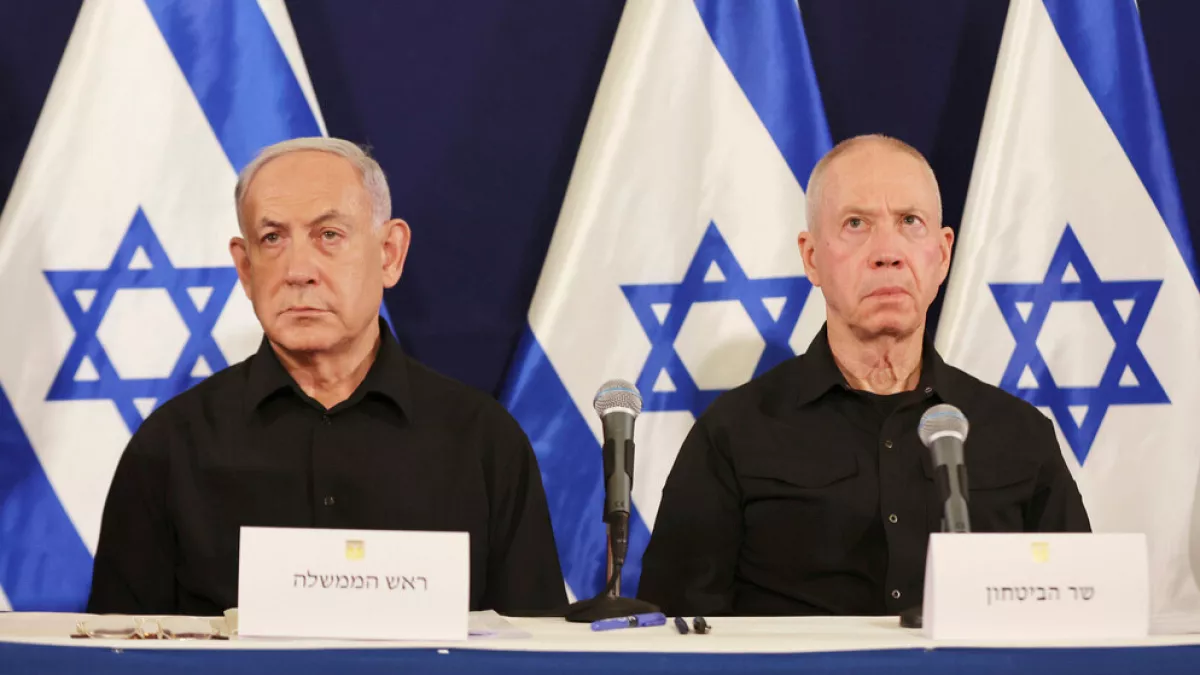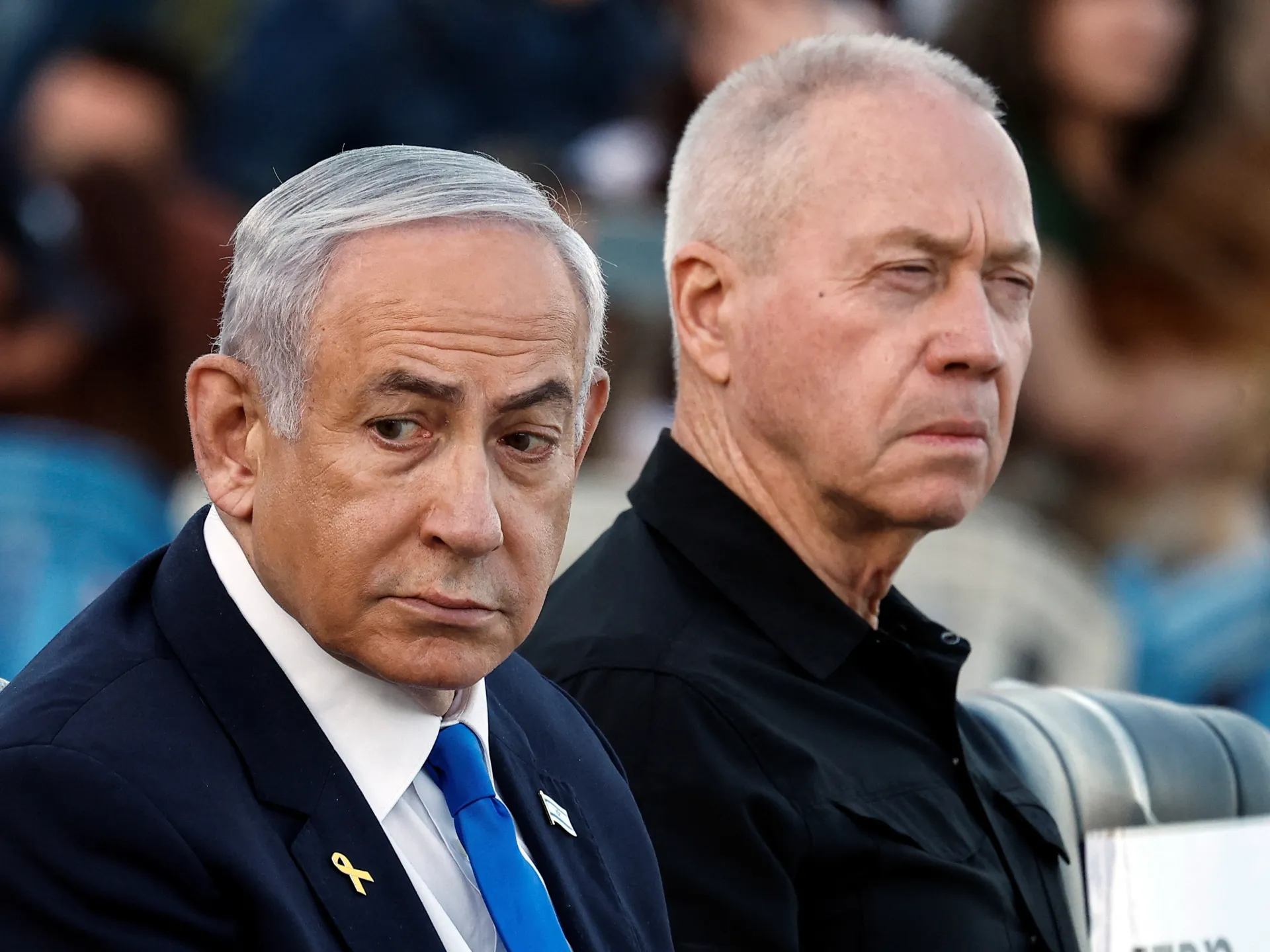The International Criminal Court (ICC) issued arrest warrants on Thursday for Israeli Prime Minister Benjamin Netanyahu, former Defense Minister Yoav Gallant, and Hamas military chief Mohammed Deif. The warrants accuse Netanyahu and Gallant of war crimes related to the ongoing conflict in Gaza, including the use of starvation as a method of warfare and intentionally targeting civilians.
The ICC alleges that these actions are part of a broader campaign that led to severe humanitarian suffering in Gaza, where the death toll has surpassed 44,000, with a significant proportion of those killed being women and children. The charges were denied by Israeli officials.
The ICC’s action came after mounting evidence and reports about widespread hunger in Gaza, with some regions allegedly facing famine-like conditions. Experts suggest that the blockade, which has significantly restricted the flow of food, water, and medical supplies, has exacerbated the crisis.
The court’s decision marks a pivotal moment in international law, as it is the first time that sitting leaders of a major Western ally are being accused of war crimes by a global judicial body. However, Israel, along with its key ally the United States, is not a member of the ICC, and the practical implications of the warrants remain uncertain.
In response, both Netanyahu and Gallant vehemently rejected the charges. Netanyahu dismissed the warrants as “absurd and false,” defending Israel’s actions in Gaza as a justifiable war. Gallant, meanwhile, framed the decision as a dangerous precedent that undermines Israel’s right to self-defense.

ICC Targets Netanyahu, Gallant, and Deif with Arrest Warrants for War Crimes Amid Gaza Conflict
The warrants could complicate their travels abroad, especially to countries that are members of the ICC, such as those in the European Union. Some European leaders, including France, have suggested they may be compelled to arrest Netanyahu if he visits, further isolating him on the international stage.
While Israel’s political leaders denounced the ICC’s actions, human rights groups welcomed the move, seeing it as a significant step in ensuring accountability for war crimes. Human Rights Watch highlighted that the warrants against both Israeli leaders and Hamas officials challenge the perception that certain individuals are immune from prosecution.
The warrants for Netanyahu and Gallant, in particular, focus on crimes such as starvation, murder, and persecution. The court’s panel pointed to the intentional restriction of essential supplies and the dire conditions it created for Gaza’s civilian population.
Simultaneously, the ICC also issued a warrant for Mohammed Deif, the leader of Hamas’ military wing, accusing him of involvement in the deadly attacks on Israel in October 2023, which triggered the ongoing conflict. The court alleges that Deif was responsible for murder, rape, torture, and taking hostages during the attacks. While the warrant for Deif marks a response to Hamas’ actions, it has sparked criticism from Israel, which claims that its military operations in Gaza are a legitimate defense against terrorism.
The warrants against Israeli leaders come amid an ongoing legal battle at the International Court of Justice (ICJ), where Israel faces allegations of genocide by South Africa. Israel’s defense emphasizes that its military actions are aimed at protecting its citizens from Hamas, while Hamas contends that the ICC’s actions serve to legitimize Israel’s actions while holding no accountability for their own. These legal proceedings add another layer of complexity to the broader Israeli-Palestinian conflict and the question of international justice.











































